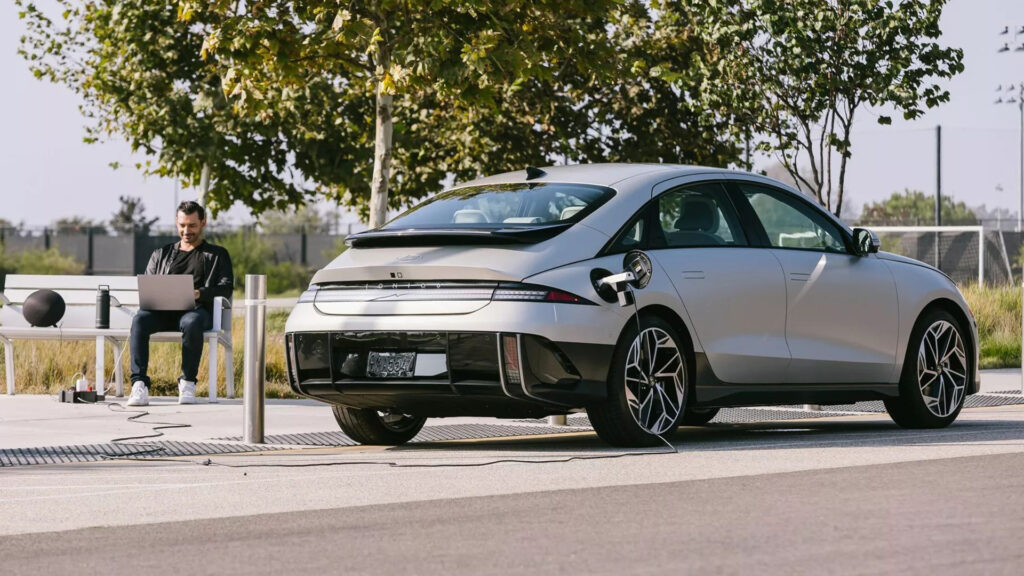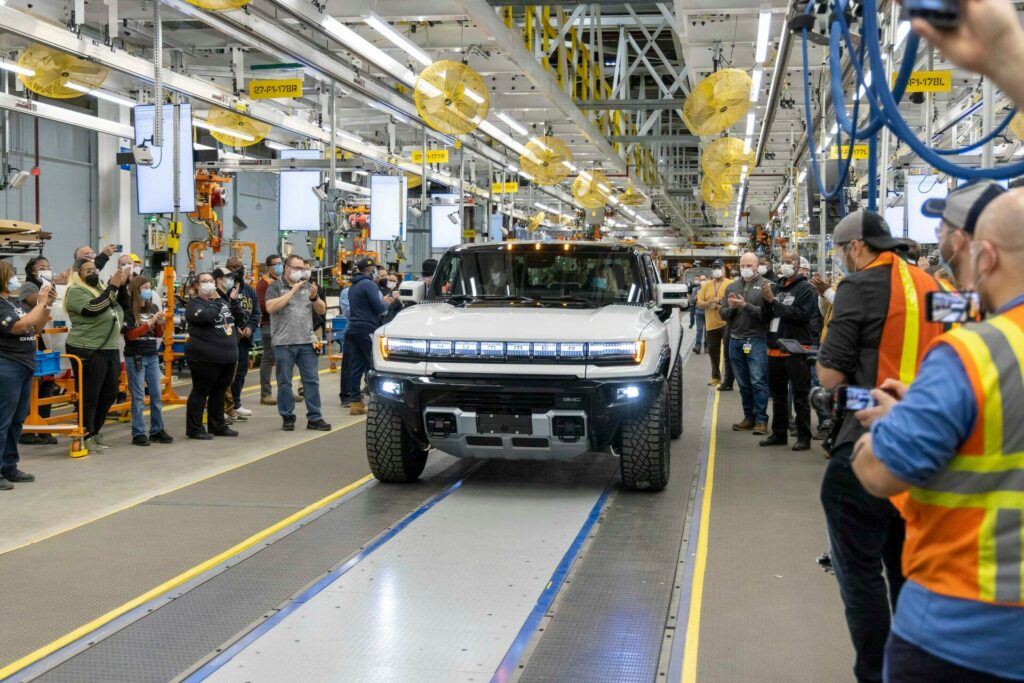- Dealers previously had just 3 days to report an EV sale to the IRS for the tax credit.
- Now, they can now submit a sales report for any vehicle sold in 2024 to claim credits.
- National Auto Dealers Association lobbied the IRS to resolve issues with the EV credit.
The $7,500 federal EV tax credit has given many Americans a financial nudge to go electric, but the program hasn’t exactly been smooth sailing. While the credit can now be applied directly at the point of sale, some dealerships have been dragging their feet on the process, leaving buyers high and dry without the discount they were promised. But, good news: there’s a fix in the works.
Read: Dealers’ Paperwork Errors Are Costing Buyers Their EV Tax Credits With The IRS
It turns out that while the rebate is available at purchase, dealers have to be enrolled in the program and use a portal to submit their EV sales report within three days of the transaction for the credit to go through. Miss that deadline, and the rebate? Poof. Gone.
The IRS Steps In with a Lifeline
Fortunately, the IRS is stepping up to the plate. According to the National Automobile Dealers Association (NADA), the agency is essentially hitting the reset button on the 3-day reporting rule. Now, dealers can submit reports for any qualifying clean vehicle credit transaction from 2024, even if it happened earlier in the year.
According to NADA, the IRS updated the portal earlier this week, making it fully operational for dealers. The good news here isn’t just for car buyers, it’s a win for dealerships, too. Some dealers had been offering the tax credit upfront to customers at the point of sale, only to later realize they hadn’t secured the actual rebate yet.

NADA says it “advocated aggressively for the IRS to remedy these issues” and even went so far as to send a formal letter to both the U.S. Department of Treasury and the IRS, urging them to address the problem quickly and implement a timely solution.
With the Trump administration set to impose 25% tariffs on all cars made overseas starting April 2, the tax credit is perhaps more valuable now than at any other time for consumers. These new tariffs are expected to drive up the cost of both new and used cars, possibly adding thousands to the price tag. So, for many buyers, that $7,500 credit is about to get a lot more valuable.




